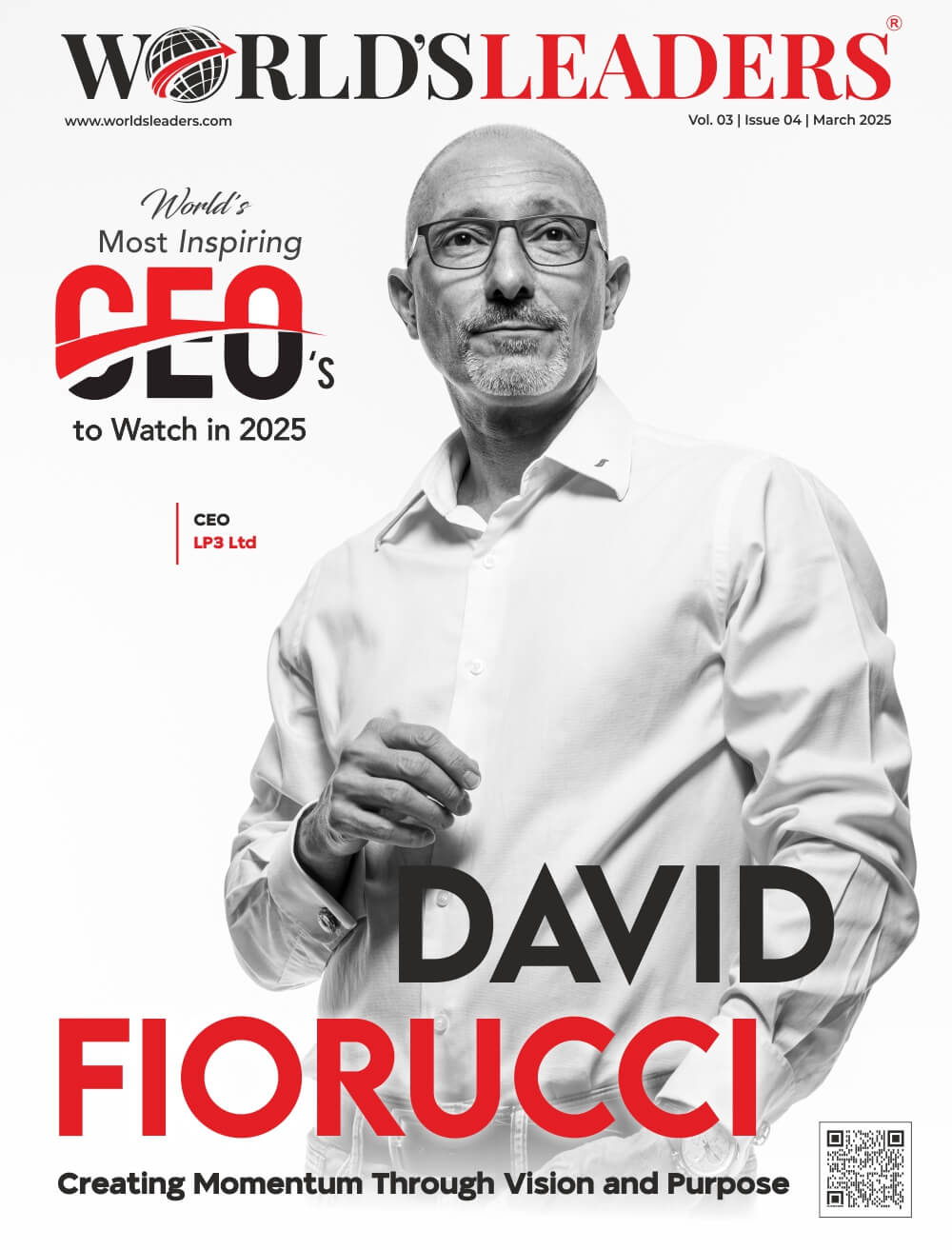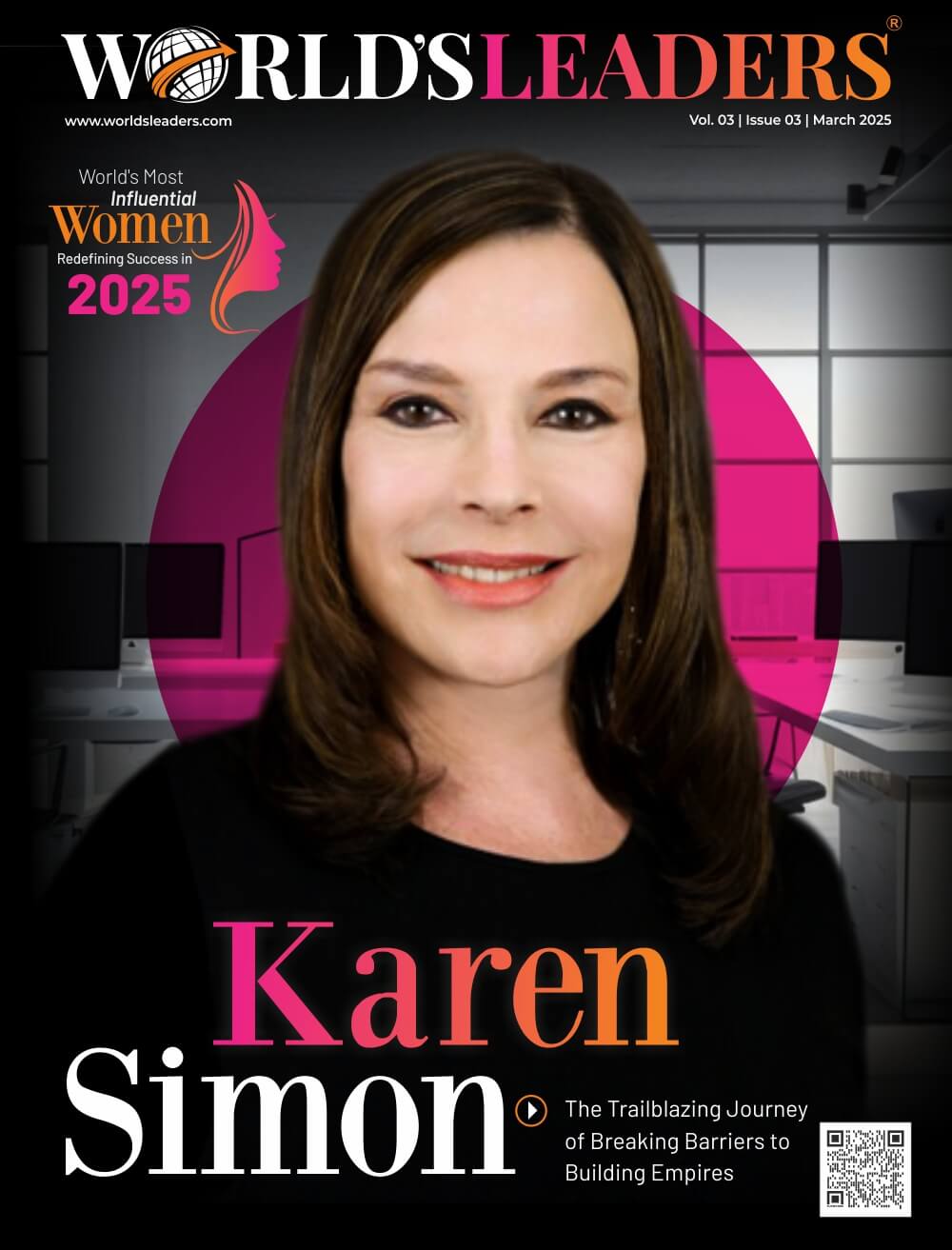With a speaker rating of 4.87 out of 5, employee engagement expert and best-selling author Jill Christensen is one of the most in-demand and well regarded female presenters in the world right now. Jill, who was named one of the top 200 global thought leaders to watch in 2021 and one of the top 101 global influencers in employee engagement, leads audiences on a journey that informs and motivates them to take action. Jill has shared her tried-and-true strategy for re-engaging workers with 500,000 individuals in 40 U.S. states – and 10 other countries – over the course of the last seven years.
Her book, If Not You, Who? How to Crack the Code of Employee Disengagement, is a global best-seller, and her popular weekly blog was named a Top 100 Corporate Blog alongside Apple and Microsoft.
Thanks to Jill’s passion, knowledge, energy, and ability to inspire, her keynote garners accolades from audience members and event planners such as: “Brilliant,” “The Best Speaker I’ve Ever Heard,” “Jill Has a Gift,” and “Simply Outstanding.” Learn more and watch Jill onstage at www.jillchristensenintl.com.
Below are highlights of the interview conducted between World’s Leaders and Jill Christensen:
Describe who you are as a person, inside and outside of the workplace.
I’m a resilient, self-confident, driven, focused, passionate, energetic, and character-driven person with strong values. Interestingly, I’ve taken many personality tests that show that I’m the same person inside and outside of the workplace, which is rare. Most people have two personas for these two settings. I don’t, as I only know how to be uniquely me regardless of the situation. I do not morph into a different version of myself depending on my environment.
Describe your background and what did you do before you started/joined the company?
My father worked for IBM, so I grew up in multiple U.S. states. We move every five years. Working for a global, large, well-established company provided a good lifestyle, so after college, I set my sights on working in corporate America and eventually reaching the corner office.For the next 22 years, I worked solely in the telecommunications industry before starting my company in 2009. In these companies, I advanced to lead global internal communications.
Tell us about the inception of the company. How did it all start?
Although I recognized that working for a global, large, well-established company afforded a good lifestyle, I did not have any business experience, so I did not take culture into account when choosing a job. That was a mistake. While I learned an extraordinary number of valuable things about business when I worked in Corporate America for 22 years, many days were difficult because many large companies have a certain level of dysfunction. I eventually realized that I couldn’t go to work every day disengaged and unhappy, so I founded my own company in 2009.
What has made you successful? What do you value?
I think my values have made me successful: hard work, execution, drive, passion, following through on my word, being on time, accountability, honesty, speaking the truth, direct communication, being uniquely myself and not trying to impress anyone, and not looking for external validation. I know who I am and what I bring to the table, and no one can take that from me.
Which are the major services of the company and how do they the company to get ahead in the competition? What value-added services does the company provide?
I author books and speak about them at major global business conferences. I’m different from many of my competitors in that I speak the truth and leave everything I have in my head and my heart on the stage for the audience to feed off of. If I educate you, I have not done my job. My goal is to educate you and inspire you to act—to do something different once you leave the event.
What are the most important aspects of a company’s culture? What principles do you believe in and how do you build this culture?
Culture starts at the top, so it’s critical for leaders to walk the talk and model the organization’s values. It’s also important for managers to model the culture that an organization is trying to create, as employees look to their manager for cues on how to dress, how to behave, and how to succeed. You build a great culture by asking your employees what they need in a workplace and then delivering on that.
What is the significance of innovative ideas in the company?
Innovation is critical because it breathes new life into an organization. If you continue to do things the way you’ve always done them, you will never be at the top of your industry. It won’t be long before you fall behind and see competitors doing things faster, better, and less expensively.
Give us your opinion on; do organizations rely heavily on individual heroics or team processes?
They rely heavily on individual heroics, which is a mistake. Leaders regularly turn to the high performers to save the day. In highly functioning organizations, teams of people are responsible for executing consistently and are held accountable for their results. No one should be “off the hook.”
What are your responsibilities as the Founder/CEO of the company? What is the happiest part of your daily routine?
I spend the vast majority of my time doing lead generation—seeking to get booked to keynote at a business conference. The happiest part of my daily routine is eating! I’m a foodie who enjoys all kinds of cuisine, and I love it when mealtime rolls around.
What advice would you give someone going into a leadership position for the first time?
Attend leadership training. Most managers have not been trained how to effectively lead people, which is one of the major reasons why global employee engagement is around 20%. Also, treating your employees with respect and showing them that you care about them will go a really long way. People will move mountains for a leader who treats them well and makes them feel special.





